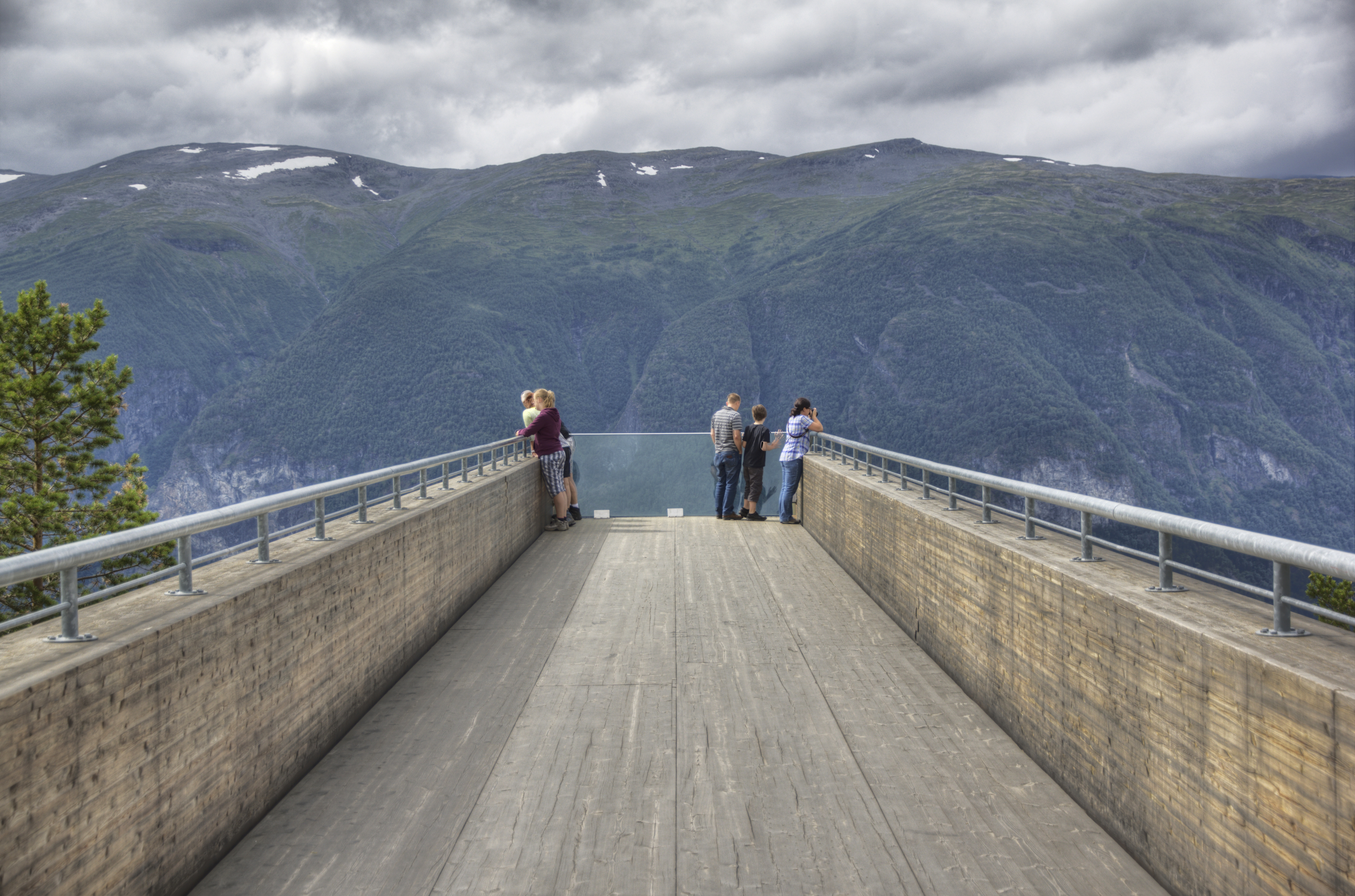
Name that viewpoint! (Read the article to the end to find out the answer)
Source: TomasEE [CC BY 3.0 (https://creativecommons.org/licenses/by/3.0)%5D
What keeps you awake at night? For me, sometimes it’s thinking about the next day’s lessons, sometimes it’s the caffeine from an evening cup of tea, and sometimes it’s the Private Eye crossword. That’s the way I roll. On a slightly more profound level, I do wonder how to conceptualise what kind of worldview I stand for and advocate. At some point, this conceptualisation requires a name. Here are my options. What do you think?
A fact-based worldview
I use the term ‘fact-based’ frequently – and who would argue against such a premise? However, it doesn’t seem energetic or enthusiastic enough for me to use as a rallying call – I can imagine it now:
‘What do we want?’ ‘A fact-based worldview!’
‘When do we want it?’ ‘In a suitable and sensible timeframe!’.
A positive worldview
Calling my worldview ‘positive’ would draw attention to the important task of counteracting the negative bias we receive from most of the news, and indeed from our evolutionary instincts to be wary of threats. But calling it ‘positive’ unfortunately insinuates that it ignores the negatives – that it only provides part of the story – and I do not wish to be accused of selectivity.
A progressive worldview
‘Progressive’ is another alternative I have considered – and, to quote a panellist on the 10 October 2018 episode of Radio 4’s ‘Moral Maze’ devoted to deconstructing the concept, “if you have a problem with progress, try regress”! But the term ‘progressive’ has been adopted by politically motivated groups to stand in opposition to ‘reactionary’ – and whilst I have sympathies with this viewpoint, I want to avoid politically charged vocabulary, for fear that it might alienate some practitioners and students. This is a shame, as the concept of ‘progress’ (as opposed to ‘progressive’) is a well-known and broadly supported notion. In this vein, I heavily recommend interested readers to Steven Pinker’s Enlightenment Now: The Case for Reason, Science, Humanism and Progress (2018).
A hopeful worldview
I settled on ‘hopeful’ a few months ago, as I thought that it conveyed a positive, without being Panglossian, sense of the future. Also, if Barack Obama’s first election was won on the theme of ‘Hope’, then it shows the power of this word. I was aware it had a slightly passive ring about it (which I assume is why Obama’s campaign team paired it with the more active ‘Change’), but I still felt that it was the word which best summed up my outlook.

Shepard Fairey’s ‘Hope’ poster for Barack Obama’s 2008 Presidential Campaign
Source: https://en.wikipedia.org/wiki/Barack_Obama_%22Hope%22_poster
I was excited, then, to find that David Hicks had already written an article on ‘A geography of hope’ in the journal ‘Geography’ in 2014 – and I continued to be engaged when in the second paragraph, Hicks writes that he has “an interest in how teachers and learners can stay optimistic and hopeful in such difficult times” (p.5). Hicks seems to share my worries that hope can be misconstrued as being passive: “there is a significant difference between ‘hoping that’ something will come about (such as the sun shining tomorrow), and the more radical or active hope that is needed to survive in really difficult circumstances. Such hope is ontological: it is what we draw on when we are faced by the worst that life can offer” (ibid: p.9).
However, although I have uncovered a rich source of relevant literature on the subject, there are subtle differences between my worldview and the one outlined by Hicks. His conception of hope seems to be founded on an ‘alternative’ future, rather than by looking back and celebrating the progress which has already been made towards this goal. In a personal communication, Hicks says that whilst he certainly thinks that learners should be encouraged to feel more positive about the state of the local/global community, he “would find it difficult to be positive about… the degree of human damage to the biosphere over the last 50+ years”. My worldview, whilst being pragmatic enough to recognise environmental challenges, nevertheless celebrates achievements in social, economic and environmental spheres and wishes to publicise them. Additionally, of course, he got there first! Whilst inspired by it, I do not want to take any credit for the notion of ‘A geography of hope’.
A possibilist worldview
So, what other terms are available to describe the worldview which I am so passionate about? In Factfulness (2018), Hans Rosling, the doyen of fact-based worldviews, wrote
“I’m a very serious “possibilist”. That’s something I made up. It means something who neither hopes without reason, nor fears without reason, someone who constantly resists the overdramatic worldview…. It is having a clear and reasonable idea about how things are. It is having a worldview that is constructive and useful” (p.69).
So, could ‘possibilist’ be the term that I have been searching for? I am not so sure: it doesn’t quite trip off the tongue, and it doesn’t quite seem to convey the positive direction that most social and economic, and many environmental, global trends seem to be taking: ‘possible’ outcomes are merely ‘options’ rather than ‘positive’ ones. Or perhaps there is mileage in taking this word on, not only as a homage to the great man, but also because it doesn’t carry as much political or psychological baggage as many of the alternatives.
An optimistic worldview
Which leaves me with my last choice – should I go with my heart and plump for ‘optimistic’? In this respect I am in the awkward position of disagreeing with Hans Rosling. Rosling said that people calling him an optimist made him angry: “I am not an optimist. That makes me sound naïve” (2018: p.69). However, I am not so sure. Is it not possible to both to reframe optimism, and to reclaim it from those who associate it with naivety?
A conundrum
I am torn between ‘possibilist’ and ‘optimistic’. Which way should I turn? As always, I welcome your thoughts!
Bibliography
Hicks, D. (2014a) ‘A geography of hope’, Geography, 99, 1, pp. 5-12
Pinker, S (2018) Enlightenment Now (Allen Lane)
Rosling, H, Rosling, O and Rosling-Ronnlund, A (2018) Factfulness (Sceptre)
Answer to ‘name that view’ photo: Stegastein viewpoint, Norway
4 replies on “Name that worldview”
An enjoyable and thoughtful read, Dave.
I have found myself thinking very similarly, and although there’s something satisfying about finding an appropriate term to summarise a worldview, I also think the downside is that it reinforces the unthinking person’s need to compartmentalise.
You see so many discussions of people just waiting to pounce on words like ‘liberal’ or ‘socialist’ or ‘anarchist’ or ‘capitalist’ – it doesn’t even seem to matter what those words actually mean anymore, people just search for a label to react to. People’s predilection for tribalism comes ahead of their interest in meaningful discussion.
I think there’s value in a short statement, e.g. “I believe humanity has the potential to treat ourselves and our environment better than we currently do”. Granted, it’s not snappy! But it’s the sort of statement that shares common ground between potentially differing world views, and I would hope promotes discussion and co-operation.
LikeLike
Hi David, If you go with your heart are you being fact based? Will you disappear in a puff of logic?
I love this concept, ‘What do we want?’ ‘A fact-based worldview!’
‘When do we want it?’ ‘In a suitable and sensible timeframe!’.
Could it be made compulsory for all politicians?
LikeLiked by 1 person
Thanks – I agree, waiting for facts rather than going with your heart might not be the most suitable way forward in certain situations… ‘Which beer should I have? Let me just Google each one for taste, ethical production and see if they are available more cheaply elsewhere…’. Catch up at the GA Conference?
LikeLike
[…] problems and threats faced by humanity and the planet. Other names were also considered – see this blog post for more on this. The author is fully aware of the body of educational literature based […]
LikeLike